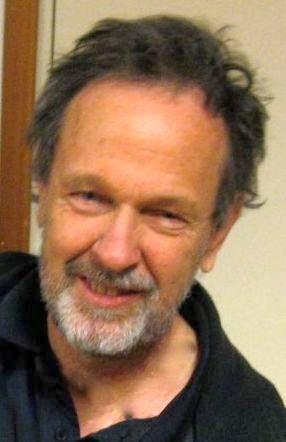LARS TAXÉN | RESEARCHER & CONSULTANT
•
Is a researcher and consultant
•
Has been working more than 30 years in the telecom industry (Ericsson)
•
Got his PhD in 2003 on the dissertation "A Framework for Complex Systems' Coordination"
•
Became an Associate Professor (docent) in 2007
